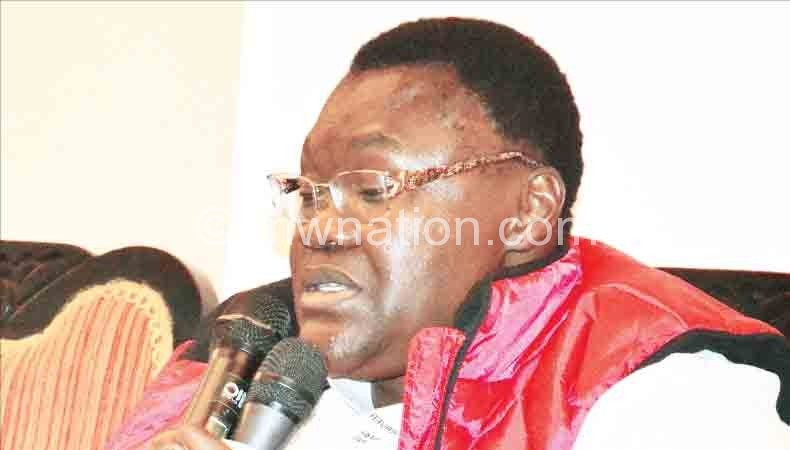Kaliya stands out from the crowd

There are many societies in the world that show engrained cultural resistance to social changes such as gender equality through access to leadership roles, equal pay for equal jobs and balance of power in marriages. At the centre of this state of affairs are cultural values, which in the context of age-old chauvinistic establishment unashamedly favour men.
Our challenge is the tendency to keep silent over matters of life and death. The ultimate tragedy in societies is not oppression and cruelty by bad people, but the silence by good people.
This applies perfectly to the world of gender activism where many remain silent even as great battles rage, some discourage action and a few fight on undeterred.
Emma Kaliya is one woman of substance who refuses to let go of ensuring vulnerable groups, especially women, realise their full human rights and defend these all the time.
Using every available process and strategy, she has dedicated her life to elevating women to positions they deserve, but are retarded by patriarchal values and poor implementation of progressive social policy.
Born on March 15 1961 at Bwengu in Mzimba, Emma has spent her professional life to social development, serving millions of people through a number of non-State charities such as health, relief of people in vulnerable situations, social behaviour change, human rights and livelihood.
Equipped with two diplomas in human rights and project management; and a Master’s Degree in project management, Emma has played leadership roles on various boards including the Malawi Electoral Support Network (Mesn) where she is vice chairperson and the African women’s development and communication network where she is chairperson.
She admits to being a victim of gender based violence and shudders at the thought of numerous voiceless women continuing to suffer in silence when she can make a modest difference.
Recently, she was at the centre of the 50/50 campaign intended to level the ground for women in politics. She sees great lessons from the process, while acknowledging the heavy loss of women.
Emma believes the outcome would have been better with her own resources as this would have eased decision making and reduced logistical bottlenecks.
She adds, planning for campaign did not assess the mood and attitudes of voters; and did not learn from the enabling factors of the 2009 campaign. In the absence of an analysis to determine the party most likely to win, most women represented un-favoured parties.
She is not convinced with arguments that women are not ready to lead, calling such ideas a perpetuation of poor patriarchal thinking that does not belong to the 21st century. Instead, she advises people to accept that at 52 percent, women are a majority group in the population, who cannot be barred from democratisation processes.
But, we have a new government, which offers opportunities for a fresh start. In this respect, Emma expects government to do right things in public positions now that Parliament is set.
It is hard, she admits, to invest in young women to aspire for positions when they have just witnessed a vote of no confidence for fellow women in the 2014 elections. Yet, Emma remains optimistic, proposing that this negative result should be a point of learning to guide future action.
She says those who have followed events leading to the 2014 elections, especially those interested in promoting women’s rights, should understand that freedom comes at a cost.
“We need to invest energies to achieve certain things. We talk here about leadership, which translates into power and where power issues are concerned; a strong case and energy are required to achieve desired goals,” says Emma.
Emma’s commitment has taken her to the Americas, Europe and many countries in Africa. She has been exposed to high level engagements at the United Nations (UN), African Union (AU) and the Southern Africa Development Community (Sadc). This exposure, she admits, is what sustains her impetus and zeal to excel in many areas of public interest.
Her diligence has paid off not only in results, but awards too. She is a decorated activist. She got the Drivers of Change Award from the Southern Africa Trust; and the Mail &Guardian Newspaper of South Africa in recognition for her promotion of women in politics.





